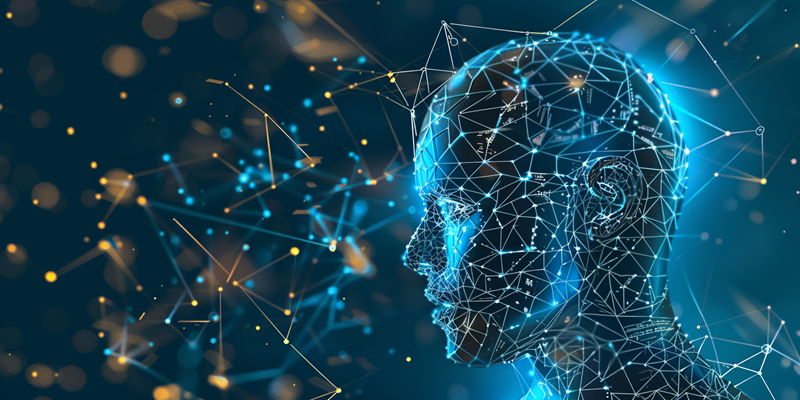In a world where every second counts, recruiters are turning to Artificial Intelligence (AI) to transform the hiring landscape. AI’s ability to quickly parse resumes and expediently schedule interviews ensures that no qualified candidate slips through the cracks. By leveraging platforms like LinkedIn and Workday, AI is poised to enhance the way candidates are matched with roles that suit their skillsets. This technological evolution is not just changing how we hire, but it is revolutionizing the very fabric of the recruitment process, making it faster, more efficient, and increasingly thorough.
The Advancement of AI in Hiring
Streamlining the Hiring Process
Artificial intelligence has become the powerhouse behind modern recruitment, automating processes that traditionally consumed substantial time and resources. Resume filtering, a once daunting and time-intensive task, is now executed with unparalleled precision. This advanced parsing not only identifies the necessary qualifications but also uncovers hidden gems among applicants that might have been overlooked. The scheduling of interviews, plagued by the back and forth of availability, is now seamlessly orchestrated by AI systems. This revolution in recruitment logistics allows hiring teams to focus on personalized interactions with candidates, enhancing both the experience and the efficacy of the recruitment process.
Evaluating Candidates with Cutting-Edge Tech
Beyond the basics of hiring logistics, AI is driving innovation with tools to assess a candidate’s soft skills, breathing life into the static nature of resumes and cover letters. Employing Virtual Reality (VR) simulations, recruiters can now immerse candidates in realistic job scenarios, observing real-time problem-solving and communication skills. Personalized coaching for interviews is another frontier; AI platforms can now offer tailored advice to help candidates present their best selves. This personalized approach is leading to more authentic evaluations, ensuring that the hiring process is not just effective but also human-centric.
Human Judgment in AI-Enhanced Recruiting
Balancing Tech with the Human Touch
While AI continues to impress with its capabilities, the essence of recruitment—connecting people with opportunities—remains a profoundly human endeavor. The interpretation of soft skills, understanding cultural fit, and acknowledging the unique qualities that each candidate brings to the table still hinge heavily on human judgment. It’s in this nuanced space that humans and AI form a symbiotic relationship. AI aids with objectivity and efficiency, while human recruiters bring intuition and empathy to the table, ensuring that each candidate is evaluated as a holistic individual.
Mitigating Bias and Promoting Diversity
Nevertheless, for all the promise AI brings to the recruiting sphere, it carries the risk of mirroring the biases present in its input data. Here, AI offers an ironic solution—it can be programmed to detect and correct such biases. This proactive approach aims to forge a recruitment landscape that promotes diversity and equality. Ensuring that both AI models and human recruiters engage in continuous learning and reflection to mitigate unconscious bias is pivotal, and it’s this dedication to improvement that will yield a more equitable hiring process.
The Future of AI in Recruiting
AI-Driven Innovation in Onboarding
Looking ahead, the incorporation of AI into the recruiting field promises an almost science fiction-esque future, with AI-driven coaching and Augmented Reality (AR) enhancements in onboarding. These tools aspire to make the transition from candidate to employee smoother, more engaging, and profoundly personal. The potential for AI to not just find the best candidates, but also to equip them for success in their new roles, could redefine the standards of onboarding and training.
Embracing Ethical, Transparent AI Practices
In an era where time is of the essence, recruiters are embracing Artificial Intelligence (AI) to revolutionize the recruitment process. AI’s prowess in swiftly analyzing resumes and efficiently arranging interviews means qualified candidates are less likely to be overlooked. By utilizing platforms such as LinkedIn and Workday, AI is well on its way to optimizing candidate-job alignments based on individual skills. This wave of technological progress goes beyond mere adjustments in hiring practices; it’s an overhaul of the recruitment system, elevating speed, efficiency, and depth of the hiring experience. As the recruitment landscape evolves through AI integration, the promise of a more streamlined and comprehensive approach to sourcing talent becomes a tangible reality, impacting the core structure of how organizations seek and secure the best candidates.

